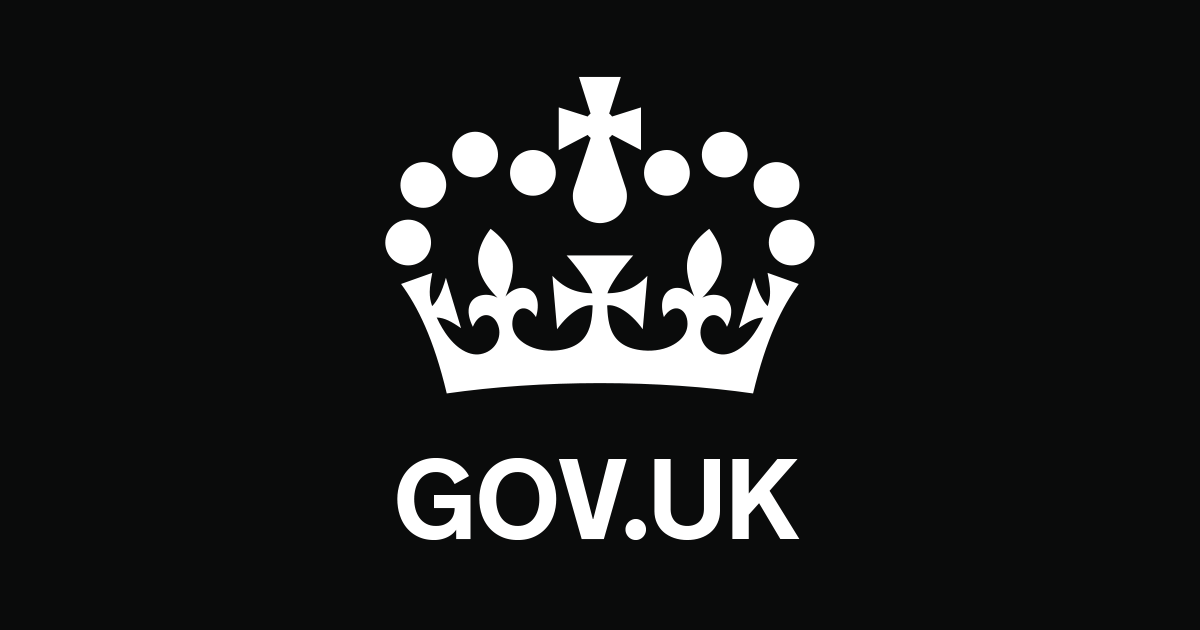National Security and Investment Act
What is the National Security and Investment Act
The Act gives the government the right to scrutinise and intervene in certain acquisitions made by anyone, including universities, businesses, and investors, that could harm the UK’s national security. The government will be able to impose certain conditions on acquisitions. In rare instances, the government may unwind or block an acquisition completely.
For further information, advice, guidance and support on compliance please email ris.complianceandassurance@ucl.ac.uk.
For more information visit
 Close
Close


